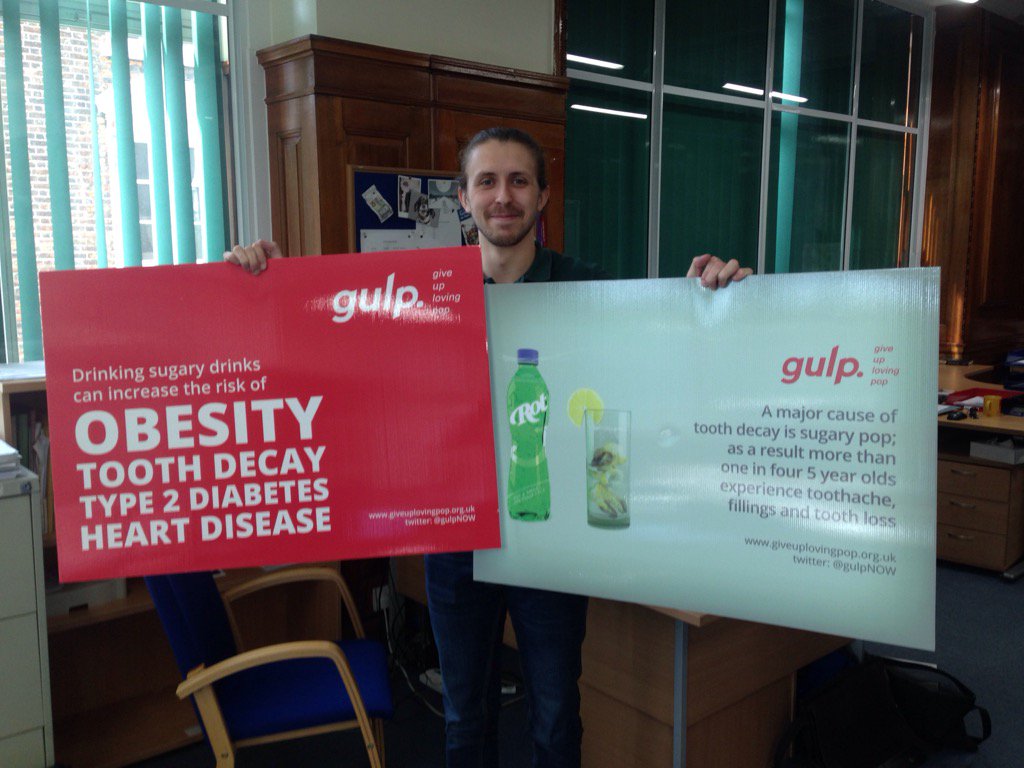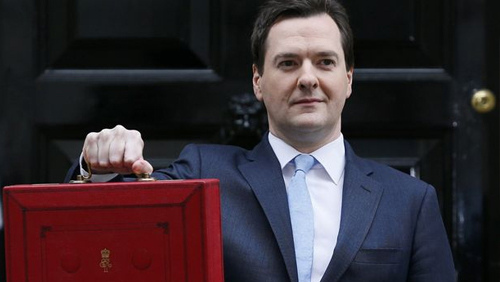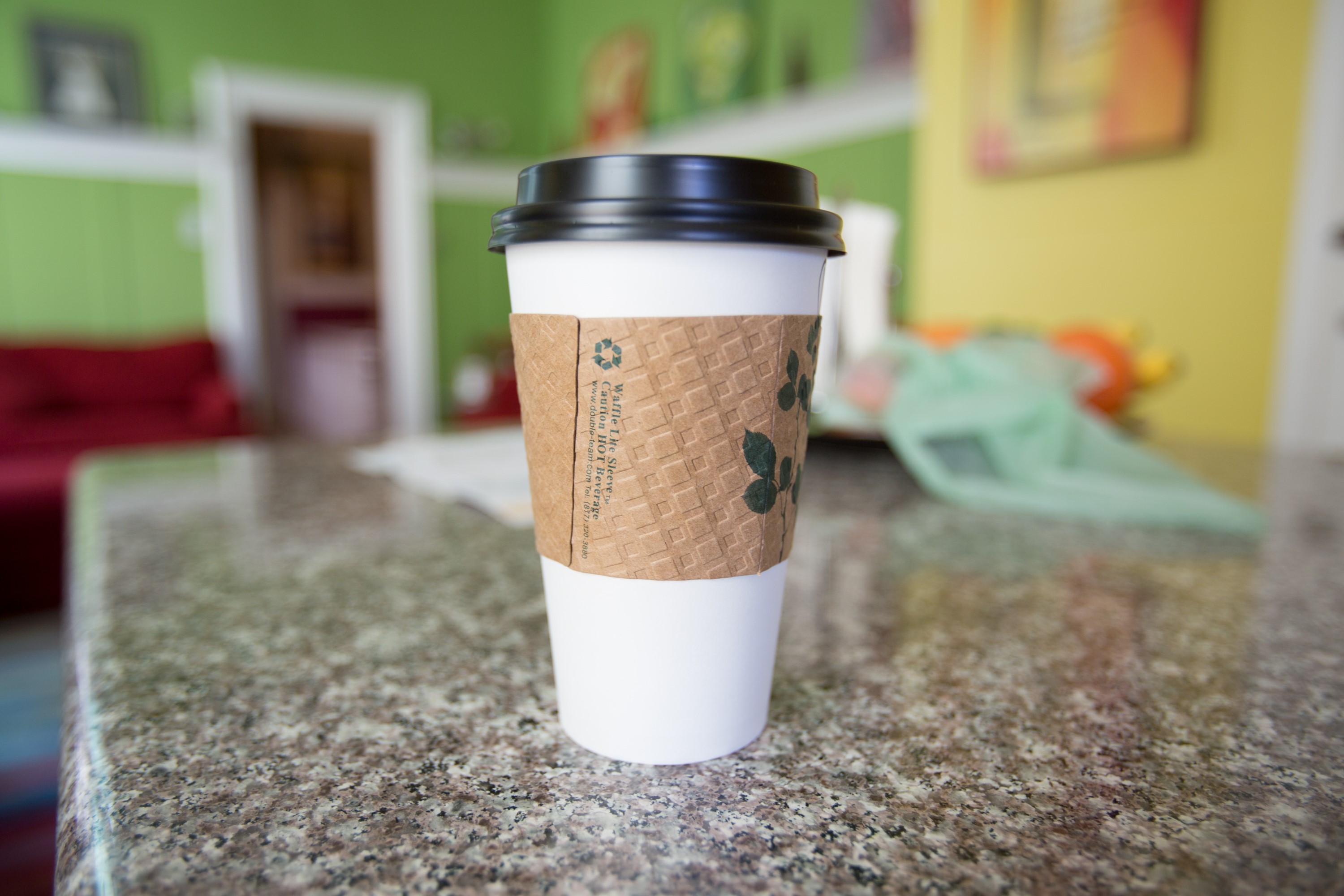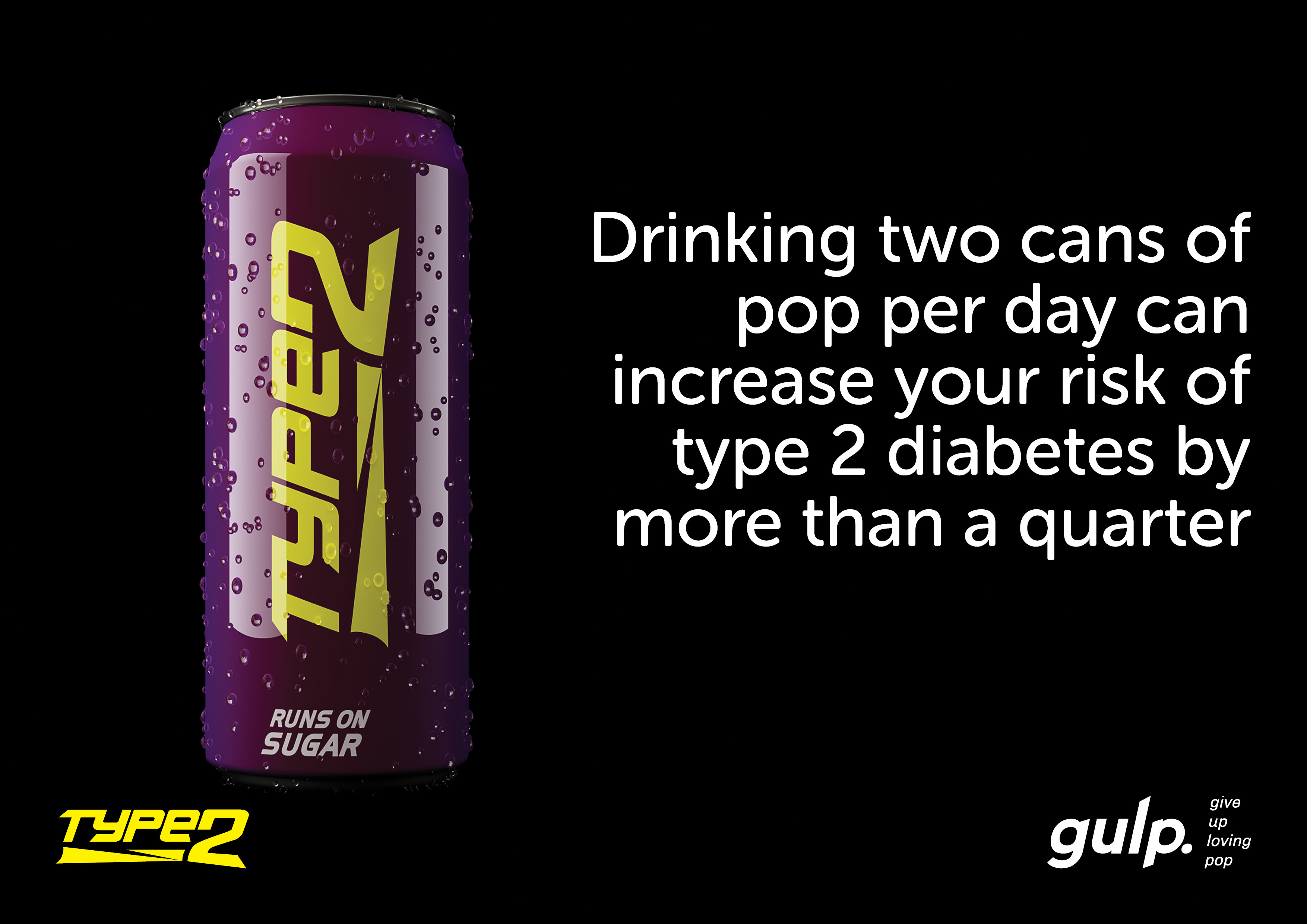
Members of the GULP team hand out toothbrushes and tell Labour Conference: ‘Tax the Can and help people to Give Up Loving Pop’
Today, Monday 26 September, Food Active, a North West based healthy weight campaign, is handing out free toothbrushes to Labour Party Conference delegates and confronting the soft drinks industry’s attempts to block a sugary drinks tax. This activity is in response to the British Soft Drinks Association’s sponsorship of a fringe meeting about tackling obesity, and their lobbying at the Conference and to MPs to stop the Government’s proposed Soft Drinks Industry Levy.
Robin Ireland, organiser of Food Active’s ‘Give Up Loving Pop’ initiative, said:
“The British Soft Drinks Association’s propaganda machine is not welcome in our city, or anywhere else in the North West. Public health directors in the North West have called for strong measures that would help tackle the high rates of obesity, Type 2 diabetes and dental decay. Families and community groups tell us they want more help to ‘give up loving pop’, and that’s what a sugary drinks tax would do.”
Malcolm Clark, co-ordinator of Children’s Food Campaign, said:
“We are in Liverpool today to support local health campaigners, who are trying to counteract the big money and slick spin of corporate lobbyists. Coca Cola and other major brands seem intent on putting their short-term profits above children’s health and the NHS’s finances. These companies are trying to defeat sensible, effective measures which would make healthier choices cheaper and the norm. Soft drinks still are the number one source of sugar in children’s diets. That’s why it’s time to Tax the Can.”




